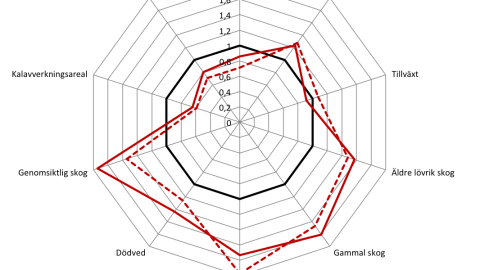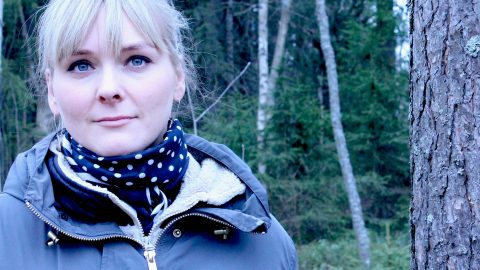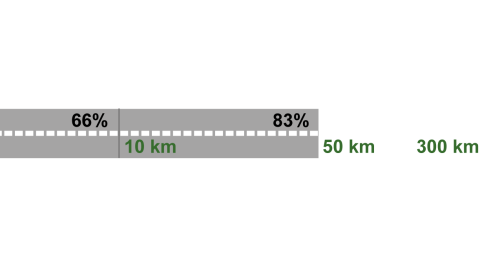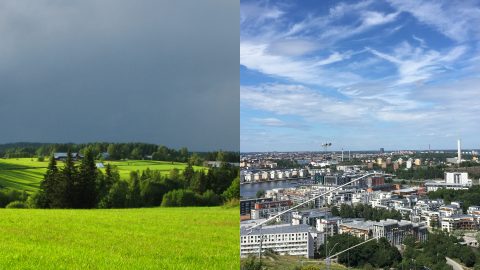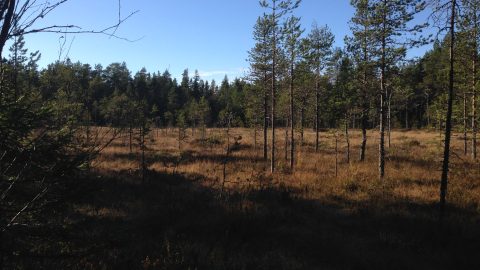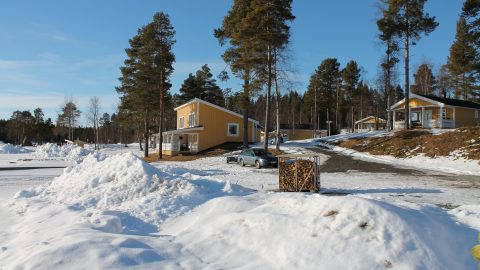Taking into consideration how forest owners actually intend to manage their forests, felling volumes will be 14% lower in the future while ecological values will benefit. Forest owners manage their forests in different ways. Management strategies can vary from nature…
Forest owners and the public agree on the forest’s economic value
While the general public rates the forest’s ecological and social values the highest, the public and forest owners nonetheless highly agree on the significance of the forest’s economic value. All forms of land use generate tensions between economic development and…
Who are forest owners and where do they live?
The typical forest owner lives in the same municipality where his/her forest property is located, has no more moves planned, and is a bit older than the general population. The new forest owner tends to be a younger woman, with…
The new forest owner isn’t new, but needs new services
Although the forest owner has changed in many ways, the forest property has often been in the family for many years. On the other hand, the new forest owners – who largely live in urban areas – may need different…
More forest owners and smaller forest properties
While the number of forest owners is increasing, at the same time a decrease in the size of forest properties can be noted. This has the potential to negatively affect the access to timber. Joint ownership of forest properties is…
Size of forest property dictates choice of forest management
When it comes to factors that affect how private forest owners choose to manage their forest, distance to the estate, income, profession or gender seem to be of a secondary nature compared to the size of the estate. Half of…
Forest helps micro-firms to survive
Owning forest as an entrepreneur could increase the firms’ possibility to survive in a harsh economic environment. However, the effect is only visible for men and is more vivid in rural areas. 60 000 new firms are started in Sweden…

